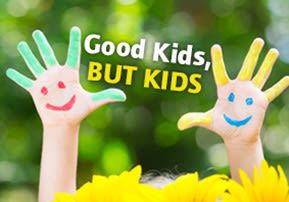
Good Kids, but Kids
A child who enjoys being at home doesn’t look for cheap love and thrills outside the home. This neutralizes the issue of kids hanging around on the streets...

Translated by Rabbi Lazer Brody
Children are inherently good kids, but don't forget – they're KIDS! Parents who aren't willing to understand that fact cause problems for their children. Therefore, they must learn patience and tolerance. I stress again – the central idea is to remember that children are just children.
Don't ever forget that critical remarks and yelling are categorically forbidden. That is not called educating! Educating is enlightening, explaining, directing a child, giving him good desires and correct aspirations. When a child does not suffer criticism at home, he enjoys being at home, and doesn’t look for cheap love and thrills outside the home. This neutralizes the issue of kids hanging around on the streets and getting ideas there. The street-corner kids are the ones who are not happy at home.
Parents who make the home a fun place to be won't need to worry about their children hanging out on the streets. This brings us to the subject of those parents who want their homes to be perfectly clean and orderly 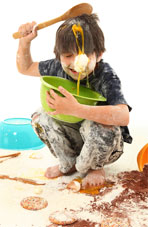 as if they were on exhibition. Compulsive order and cleanliness makes everyone in the household – and especially children – nervous wrecks! Children can't stand such an atmosphere where everything at home is like a museum piece, not to be touched. They become neurotic in such a home.
as if they were on exhibition. Compulsive order and cleanliness makes everyone in the household – and especially children – nervous wrecks! Children can't stand such an atmosphere where everything at home is like a museum piece, not to be touched. They become neurotic in such a home.
Children enjoy a place in the home where they can let loose a bit and play freely and get messy if they want. Parents must enable them to play as they like, but to clean up after themselves as well. But before any learning can take place, the children must feel comfortable in the house, which is also their house. Just as parents enjoy a comfortable living environment, so do children!
Parents should refrain from criticizing their children from the very beginning. This requires them to act with wisdom so that there will be no need to criticize. For example, locking cabinets, putting vases up high, and foreseeing problems remove the need for subsequent scolding and criticizing. Every age should be treated accordingly, and things should be organized in such a way to minimize as much as possible the need to criticize.
Here's another example: children should not play near their parents, for then the parents may be tempted to “give advice” all the time – “Why don’t you let your brother play?” “Why did you hit him?” “Why did you say that?” “You’re all dirty.” “You’re breaking that.” A parent must turn a blind eye to avoid making comments like these.
When a parent refrains from criticizing, a child can grow and develop with self-confidence, for every comment hurts a child.
The evil inclination's prime ploy is self-condemnation and self-criticism. When parents criticize their children, they strengthen and solidify their child's evil inclination of self-condemnation, and they become excellent agents of the evil inclination by implanting this negative character trait in the child. The child subsequently is plagued with self-guilt, as if he is responsible for everything. This approach is the opposite of emuna, where parents should be teaching their children to pray and to seek Hashem's help.
A child should be encouraged in a positive manner. Parents should praise and acknowledge each of the child's achievements, no matter how seemingly insignificant. And, they should always judge their child favorably. That way, the child becomes accustomed to judging himself favorably.
Once again, parents can only give what they have. So if parents lack emuna and prayer, constantly condemn themselves and fail to judge themselves favorably, they'll surely implant these traits in their child. We therefore stress once more that a parent's main task in child education is to first work on himself. By focusing on the child's good points, parents will be able to judge their children favorably and see the abundance of good within them.
Here's a good rule of thumb: the more a child grows up in a criticism free environment, the more emotionally healthy he'll be. Keep that in mind always, and Hashem will undoubtedly give you joy from all your children, amen!




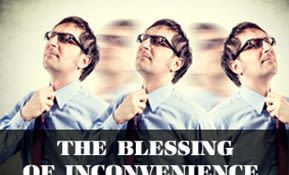



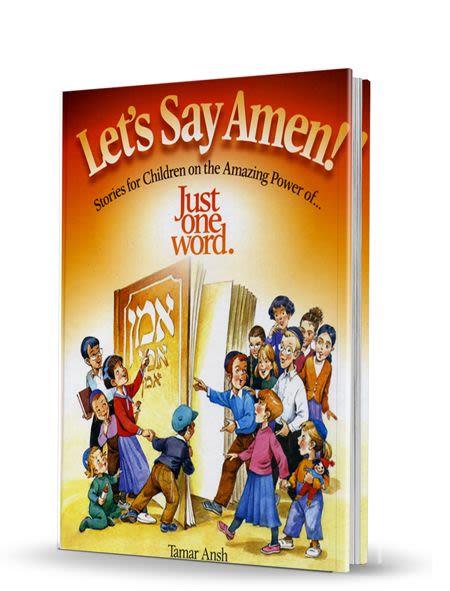
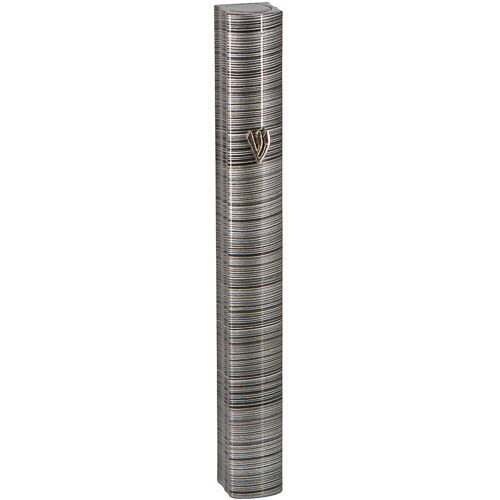
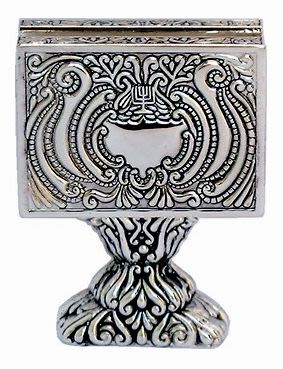
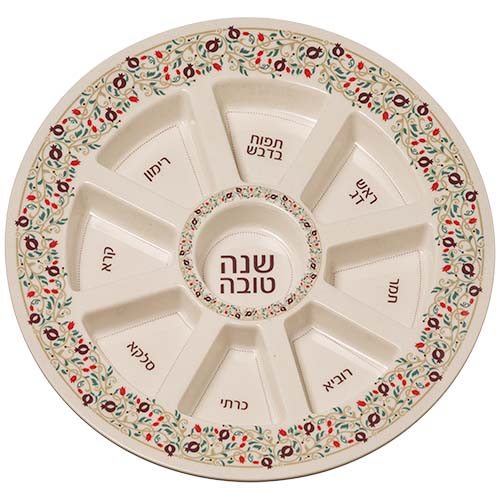
Tell us what you think!
Thank you for your comment!
It will be published after approval by the Editor.